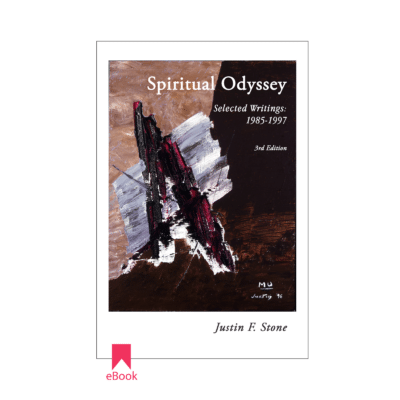
Two important terms in Japanese Zen are muga and mushin. The latter means “no mind,” but not in the usual sense. It means the kind of mind that does not react, like a mirror that reflects what comes before it but does not become attached to it. This is somewhat like Patanjali’s definition of Yoga: “Doing away with mental modifications” (no vrittis). It is the true meaning of non-attachment, where no “stains” are left.
Muga means, literally, no self. The founder of Japanese Zen Buddhism, Dogen Zenji, said, “The way to realize the Self is to forget the Self.” It’s the opposite of ego-attachment.
The difference between Zen and T’ai Chi Chih is most apparent in the approach. Zen’s approach is through the Mind, and has little to do with physical well-being. (Most of the Japanese monks and Masters, from my observation, suffer from stomach trouble.) T’ai Chi Chih approaches through the physical (the Chi), and ends up having a considerable effect on the Mind. Mind and Chi are interacting, each affecting the other.
After one has practiced T’ai Chi Chih faithfully for some time, a time is reached where one has the feeling that no one is doing anything, that T’ai Chi Chih is doing T’ai Chi Chih. This is an ecstatic feeling, and it means one has reached the Essence of T’ai Chi Chih. It is actually the stage of muga, no self. The one practicing has gotten the ego center out of the way, and this is highly spiritual. It is a necessary prerequisite to an enlightenment experience.
A natural concomitant of this is mushin. (Shin can mean heart, mind, or spirit; the Japanese word kokoro and the Chinese word xin mean the “spiritual Mind or Heart,” which is quite different from the physical heart, shinzo.) Here the heart-mind-spirit no longer becomes attached, though that does not mean callous.
Actually, I believe it would be helpful for Zen monks and students to do T’ai Chi Chih regularly. The great teacher, Hakuin, reached his enlightenment after being taught the circulation of the Chi by the old Master, Hakuyu. The circulation and balancing of the Chi have important consequences for those who practise faithfully.

